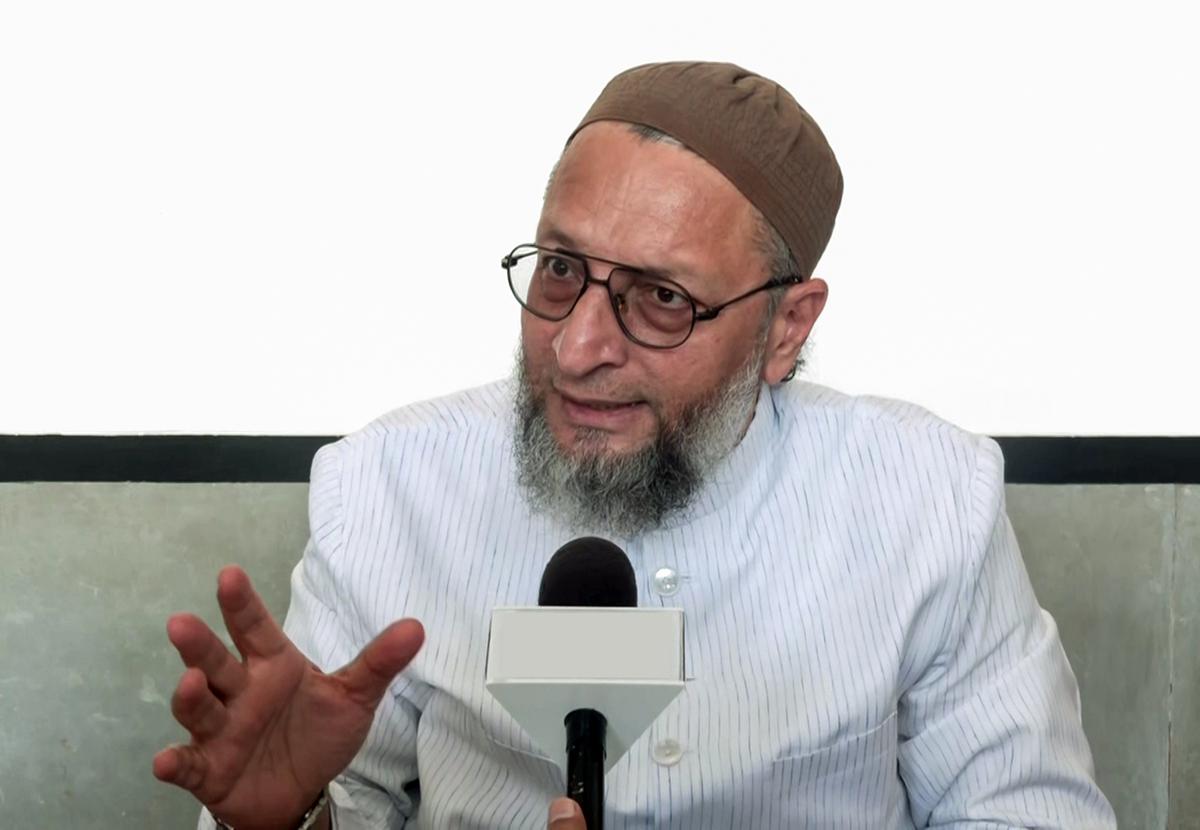SC reserves order on AGR dues of insolvent telcos
Tue 25 Aug 2020, 15:49:08
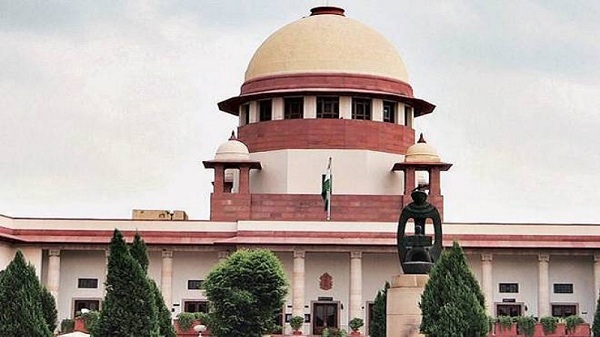
Delhi/ Mumbai: The Supreme Court on Monday reserved its order on the issue of recovery of adjusted gross revenue (AGR) dues of insolvent telcos. The apex court said it will also clarify additional liabilities, if any, of Reliance Jio and Bharti Airtel on account of past dues on the spectrum they bought from Reliance Communications, Videocon and Aircel respectively.
SC noted that if the seller of spectrum did not clear its dues before sale, the liabilities would be transferred to the buyer as per trading guidelines. Telecom service providers (TSP) are responsible for spectrum purchase prices, deferred spectrum instalments and AGR dues, which include spectrum usage charges and license fees.
If the apex court directs telcos using spectrum of bankrupt companies to pay the past dues, then both Airtel and rival Reliance Jio Infocomm Ltd will be hit hard. While Aircel owes ₹12,289 crore in AGR dues, Videocon has a liability of ₹1,376 crore and RCom owes ₹25,199 crore.
The Department of Telecommunications (DoT) earlier today filed an affidavit in the Supreme Court saying AGR dues have to be calculated based on "spectrum sharing" and "spectrum trading" agreements signed between two telecom service providers.
The three-judge bench, headed by Justice Arun Mishra, said telcos cannot sell spectrum which is government property. Such actions will allow for dues to be wiped out if the buyer takes over spectrum without the liabilities, “How can you sell somebody else’s property? Wiping out government dues is not permissible. If telcos are unwilling to pay, we will direct cancellation of spectrum allocation," said Mishra.
The bench also directed the DoT to submit its assessment on quantifiable dues since 2016, which teh SOlicitor General said was under process.
DoT maintained that AGR dues were only crystallised after the October 2019 judgement.
The DoT's affidavit had been filed in compliance with
the order dated 14 August wherein the court said, “The Department of Telecommunications (DoT) to make it clear in whose name and from which date the spectrum is being used and how much fees/dues of AGR year-wise and amount deposited with it for using of the same by the respective companies under some inter se arrangements of the companies and the dates thereof."
the order dated 14 August wherein the court said, “The Department of Telecommunications (DoT) to make it clear in whose name and from which date the spectrum is being used and how much fees/dues of AGR year-wise and amount deposited with it for using of the same by the respective companies under some inter se arrangements of the companies and the dates thereof."
Senior Advocate Harish Salve, arguing for Reliance Communications, said the right to use the spectrum allocated to it rested with the company and therefore it can be sold. Notion of security under Insolvency and Bankruptcy Code (IBC) allows for sale of right to use spectrum. It is not for this court to decide, DoT can decide on sale of spectrum at the appropriate stage. “License agreement recognises spectrum as a security, can be monetized under IBC. Moreover, the spectrum trading done between RCom and Jio is a small part of its total spectrum holding," said Salve.
The committee of creditors (CoC) for RCom submitted that AGR was calculated on total revenue and not spectrum and that DoT did not seek AGR dues from Jio on the fraction of RCom’s sold spectrum.
The CoC for Aircel also said DoT and not the SC should be taking a call on the sale of spectrum if a resolution applicant wants to sell it at a later stage and that the court should not decide on the resolution plan since DoT had allowed the use of spectrum as guarantee. The CoC also added that telcos don't have cash reserves that they can purchase spectrum, operate without banks. The economy will face negative consequences if the spectrum sale under IBC is not allowed, said senior advocate Ranjit Kumar, representing CoC for Aircel.
Senior counsel Kapil Sibal, representing Airtel, said no claims were made by DoT against Airtel when they bought Aircel spectrum in 2016. "Videocon entered IBC in June 2018, AGR judgment came from SC in Oct 2019. In May 2016, traded 1800MHz Videocon spectrum in 6 circles, no demands were raised by DOT for shared spectrum," said Sibal.
No Comments For This Post, Be first to write a Comment.
Most viewed from National
Most viewed from World
AIMIM News
Asaduddin Owaisi questions PM Modi's China policy
Jan 08, 2025
Owaisi slams UP over police post near Sambhal mosque
Dec 31, 2024
Owaisi hails SC order on Places of Worship Act
Dec 13, 2024
AAP Corporator Tahir Hussain joins AIMIM party
Dec 11, 2024
Latest Urdu News
Most Viewed
May 26, 2020
Which political party will win the Delhi Assembly polls to be held on Feb 5?
Latest Videos View All
Like Us
Home
About Us
Advertise With Us
All Polls
Epaper Archives
Privacy Policy
Contact Us
Download Etemaad App
© 2025 Etemaad Daily News, All Rights Reserved.

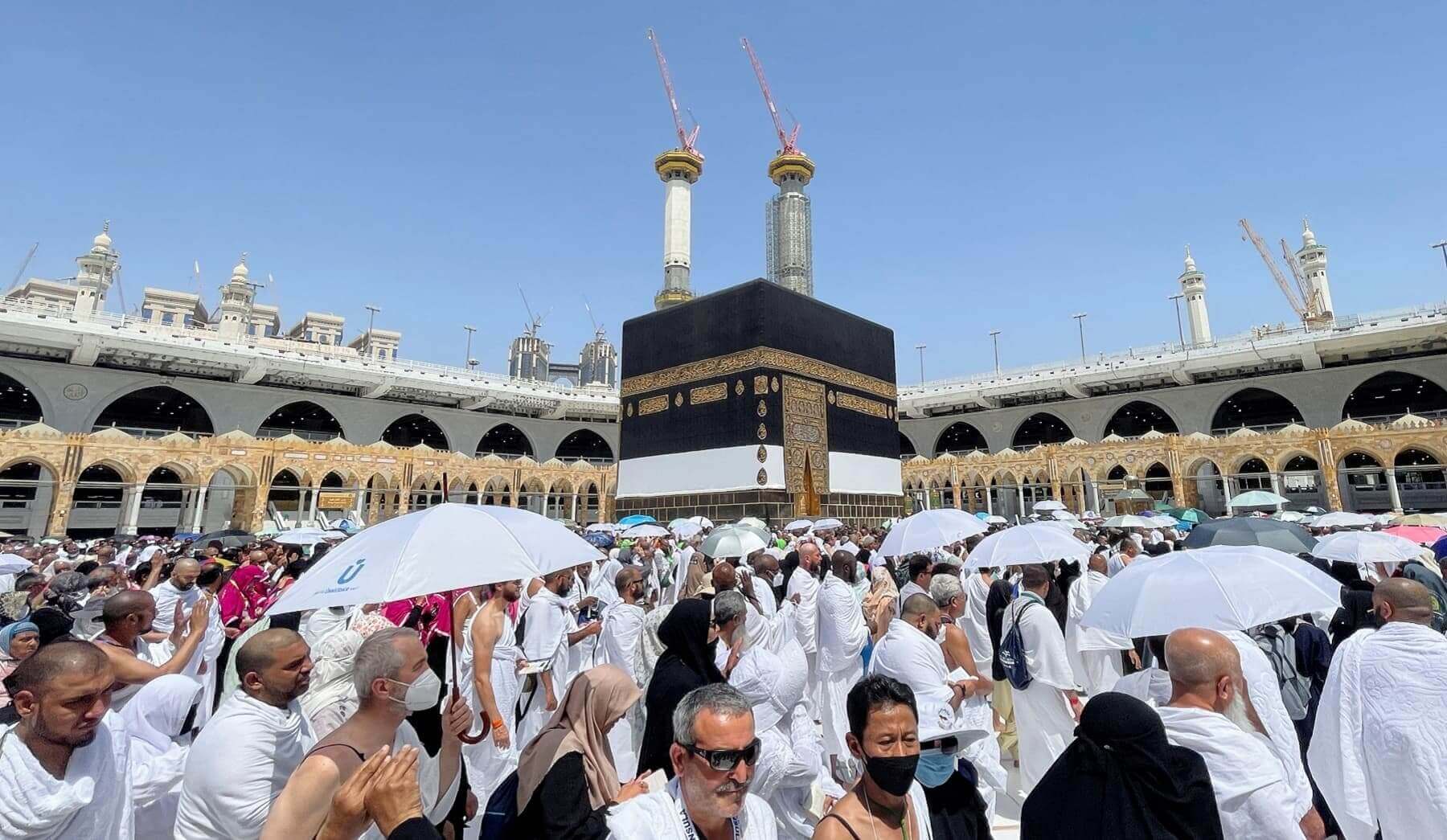

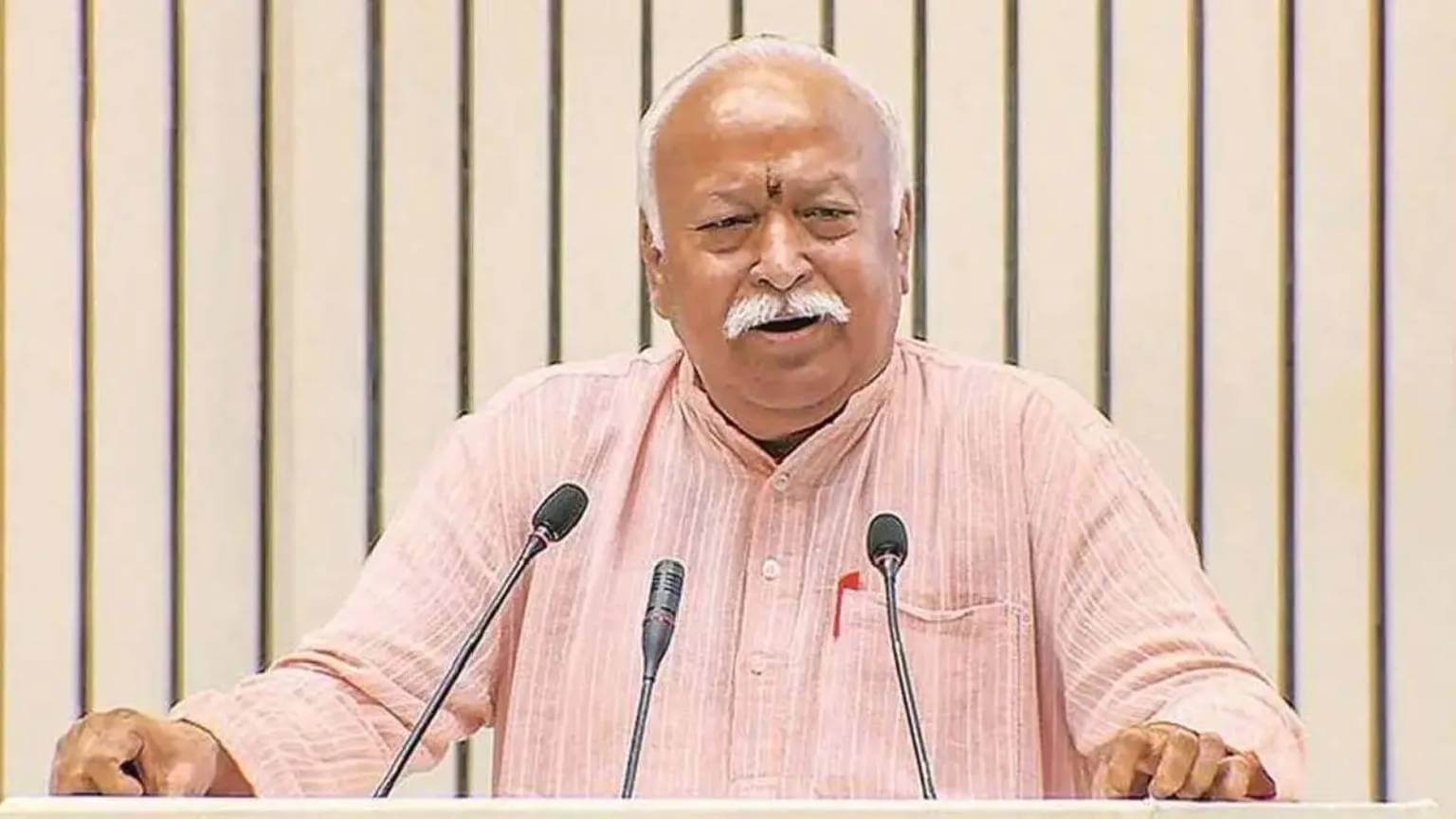
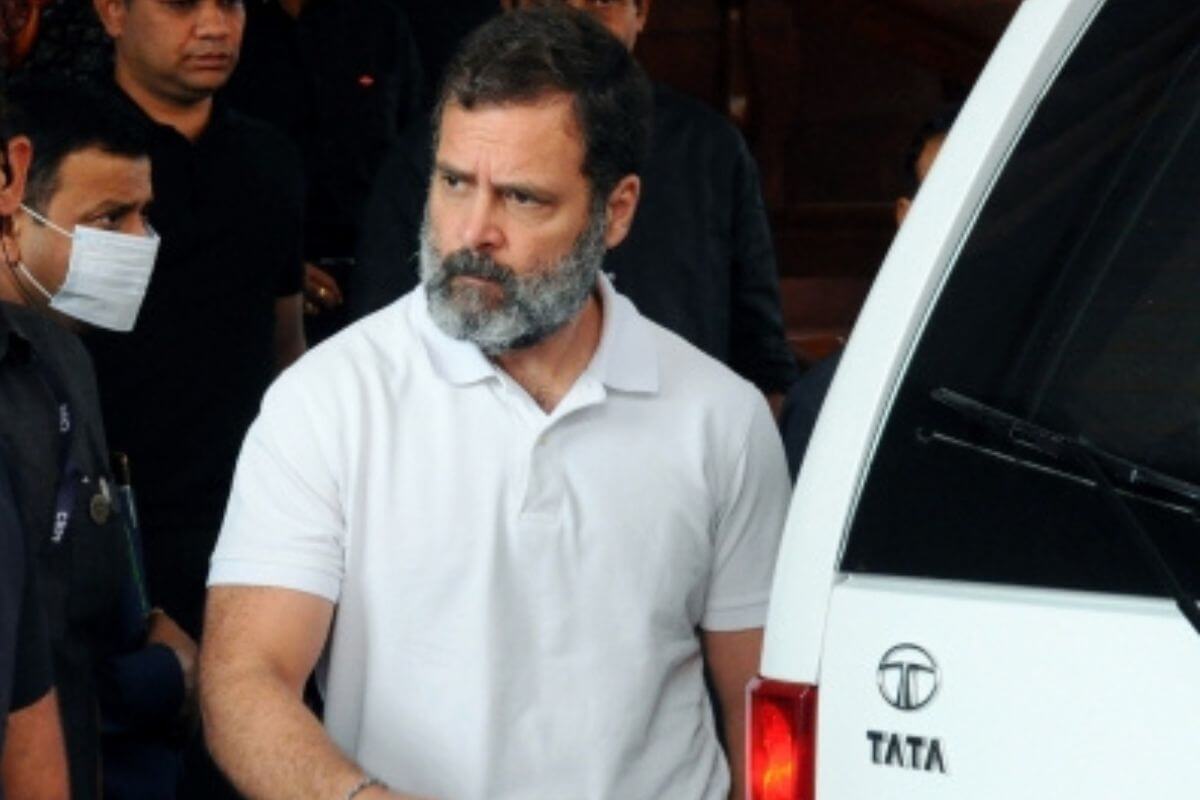
.jpg)
.jpg)
.jpg)
.jpg)
.jpg)
.jpg)

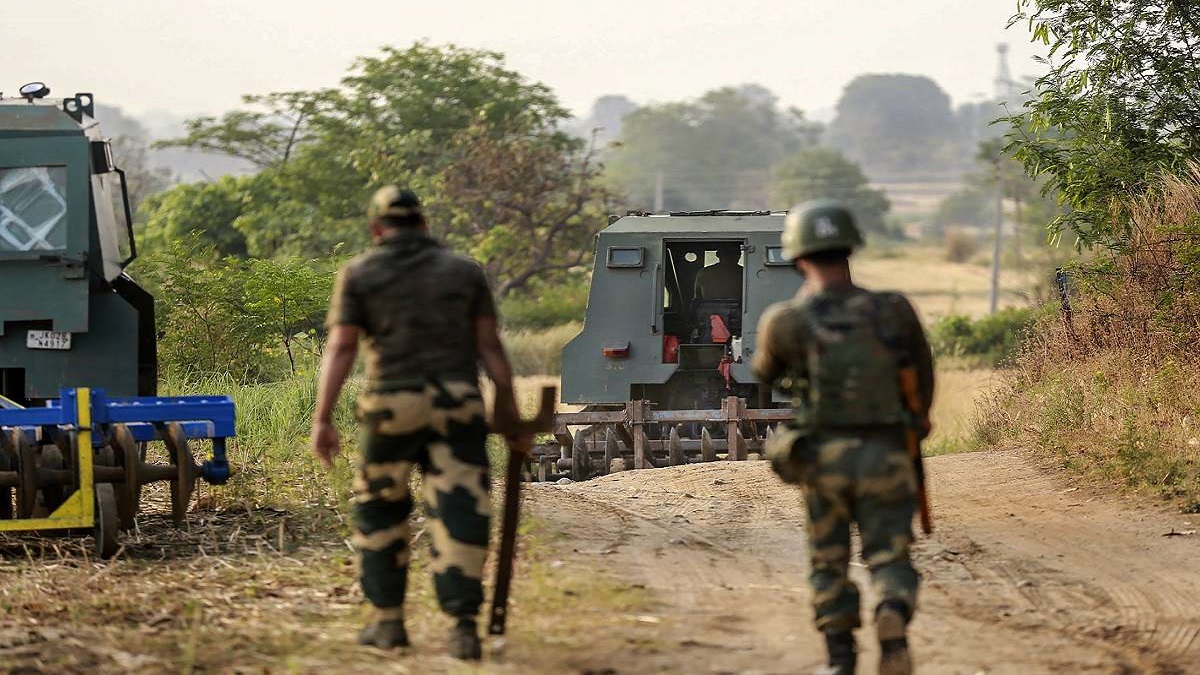

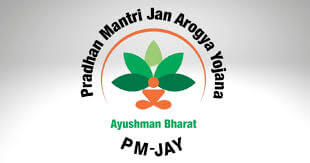


.jpg)
.jpg)
.jpg)
.jpg)
.jpg)
.jpg)
.jpg)
.jpg)




